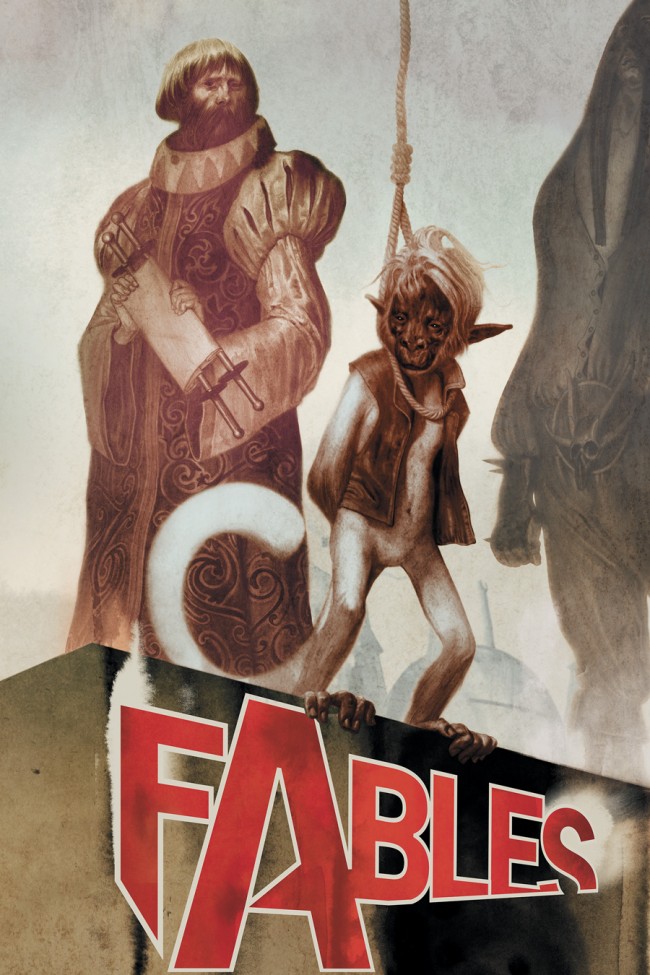

And that’s where the joke comes in, right at the turning of the tide.Ī joke that does nothing to alleviate the tension of an ominous warning, that this may be the darkest Fables collection yet. He offers in an almost conspiratorial tone, that there doesn’t appear to be one definitive reading of the Fisher King myth in scholarship. But woven into its warp and weft is the myth of the Fisher King, something else Bill has struggled with for as long as he cares to remember. But what he says next just compounds my excitement.įables 18: Cubs in Toyland tells the story of a broken Toyland, where things no longer work the way they should, and the happiness has already flown. It’s Bill’s wrestling with the trope of “benign kidnappings”, abductions by fae and other “friendly” spirits that has me excited already. Getting hauled off to Toyland is no exception. Things are hardly ever as good as promised Bill reminds me, especially promises of utopias. “I never thought of kidnapping as a good thing”, Bill admits and already at this point in the interview, I’m getting a sense for a dry, intelligent and above all friendly wit. Barrie’s Peter Pan, or the Boy who Wouldn’t Grow Up, with a kidnapping to a distant land that promises a richer and simpler life that will last forever. Cubs in Toyland picks up on the cubs sired by Bigby Wolf and Snow White.


 0 kommentar(er)
0 kommentar(er)
